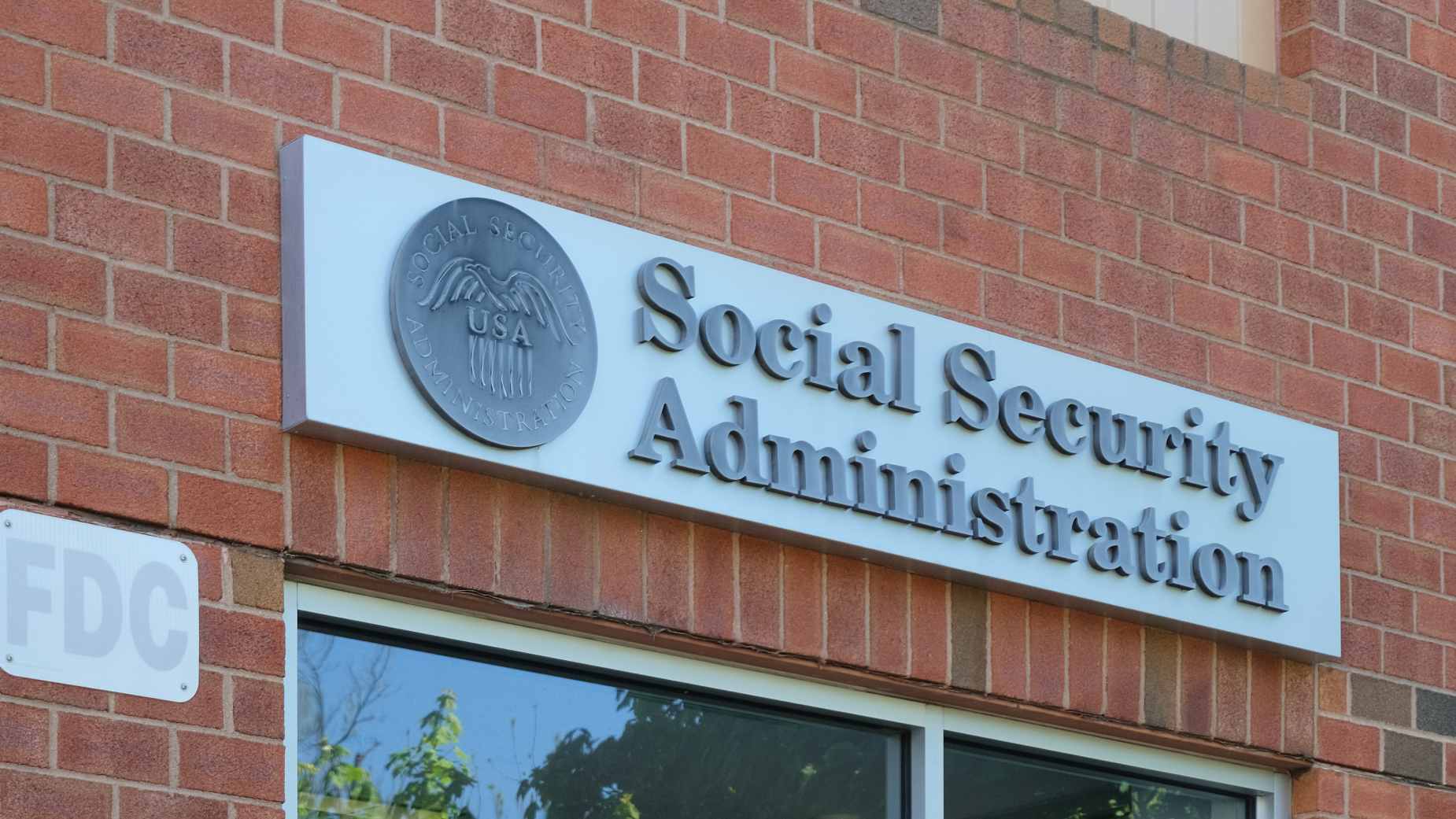The Social Security Fairness Act is near to passage, but it might yet fail because there is no Senate vote set, and it has until the end of the year to pass or go back to the drawing board. To clarify, the bipartisan bill cleared the House of Representatives in November and is now seeking Senate approval to become law.
This measure is significant because it repeals the Windfall Elimination Provision (WEP) and the Government Pension Offset (GPO), which cut Social Security payments for some retirees who also receive pension income.
The WEP cuts Social Security benefits for persons who receive so-called “non-covered” pension income from employers, primarily in the public sector, that do not contribute to Social Security payroll taxes. The reduction might be large, reaching up to half of the pension amount.
The GPO reduces surviving or spousal benefits if a person’s pension is not insured. GPO impacts fewer people, but reduces Social Security benefits by two-thirds of the pension amount.
If two-thirds of your government pension exceeds your Social Security income, your payout may be cut to zero. They collectively affect approximately 3 million Americans, including police officers, firefighters, postal workers, and public school teachers.
Why is the Senate not voting on the Social Security Fairness Act?
Senators Ed Markey (D-MA), Bill Cassidy (R-LA), Sherrod Brown (D-OH), and Susan Collins (R-ME) have delivered impassioned speeches on the Senate floor, sent letters, and underlined the significance of enacting this legislation for the millions of people affected. The fact that this bill has bipartisan support is almost uncommon, and its popularity appears to make it a lock.
several are less convinced, however; for example, Senator Angus King (I-ME) said that rumors suggest that the bill does not have enough votes to pass and that several Republican senators may have backed away, following party lines.
This could be due to expenditures, as the Social Security Fairness Act would cost $196 billion over the next decade, rendering Social Security insolvent 6 months sooner. Given the program’s dire situation, many people do not believe this is significant justification not to pass the measure, while others obviously disagree.

King said he is still hopeful that the bipartisan bill would be added to a “must pass” budget bill such as the National Defense Reauthorization Act and passed. “I’d give that better than even odds,” replied the man.
If it does not pass, Congress will have to redo the bill, maybe altering the provisions to make them more equitable rather than repealing them.
Maya MacGuineas, president of the Committee for a Responsible Federal Budget, supports this option, citing the bill’s cost: “At a time when we’re already borrowing $2 trillion per year and retirees are already slated to see a 21% benefit cut – an average of $16,500 for a newly retiring couple in 2033 – in just nine years, why would we make it a 22%, $17,300 cut in eight and a half years instead?”
Those who are affected are not so confident, as Susan Dixon, 68, a retired schoolteacher in San Clemente, California, and president of the California Retired Teachers Association, exclaims, “It is shameful that such a widely supported measure has yet to be scheduled for a vote.” I’ll be at the rally to make our voices known and to demand action for the millions of retirees who deserve to be treated fairly and respectfully. It is also vital that our Senators appear for voting in the coming two weeks.”
Her voice is accompanied by Don Hillbish, a former police sergeant from Reading, Pennsylvania, who began working as a newspaper boy at 14 years old, then worked part-time from 15 to college and throughout his career as a police officer, as do many other cops and firefighters.
“I worked and paid into Social Security from 1969 to around 2018. But with WEP and GPO, my monthly benefit dropped from $1,100 to around $350 because I receive a municipal pension.”
They argue that they are not seeking additional benefits, but rather those to which they are entitled based on their contributions.













Leave a Reply